In America’s heartland, the evolution of hemp farming is driven by new laws established under key provisions from the 2014 and 2018 U.S. Farm Bills.

Key Takeaways
- The 2018 Farm Bill fully legalized hemp and set the regulatory framework.
- Compliance with both federal and state-level requirements is essential for successful hemp farming.
- The 2018 Farm Bill provides specific guidelines on THC limits, licensing, and crop disposal that all hemp producers must follow.
Understanding the New Hemp Farming Legislation
The Agricultural Act of 2014 initiated hemp pilot programs for research in select states. The Agricultural Improvement Act of 2018 (2018 Farm Bill) expanded on this by legalizing hemp nationwide, defining it as cannabis with no more than 0.3% THC, and removing it from the Controlled Substances list. This federal regulation enables broader cultivation, interstate commerce, and an accessible licensing framework.
Key Changes in the Hemp Farming Regulations
The new rules cover a few main points:
- Revised licensing requirements for hemp cultivation
- Enhanced testing protocols for THC levels in hemp plants
- Stricter guidelines for the disposal of non-compliant hemp crops
- Increased reporting and record-keeping obligations for hemp farmers
These updates aim to make the hemp industry stronger and more reliable. They provide a clear path for both regulators and farmers.
Implications for Hemp Farmers and Businesses
The 2018 Farm Bill's requirements impact operations in various ways, such as:
- Increased Testing and Reporting: Farmers face stricter rules on THC testing and record-keeping.
- Compliance-Related Costs: The rigorous compliance process, including regular THC testing and supervised disposal, adds operational costs.
- Licensing Adjustments: Producers must adapt to annual renewals and adhere to state-specific requirements, which vary based on local agricultural regulations.
The hemp industry is going through big changes in rules. It's vital for farmers and businesses to stay informed and ready for these new challenges.

Navigating the Hemp Licensing Process
The USDA offers a structured licensing framework; however, requirements vary by state. Essential steps include:
- Research State-Specific Laws: Know each state’s requirements, including background checks and land-use documentation.
- Prepare Required Documentation: Gather proof of land ownership, water rights, and financial details.
- Submit the Application: Application timelines range from 30 to 90 days, depending on state regulations.
- Maintain Compliance Post-Licensing: To retain a license, farmers must renew annually and maintain all compliance protocols.
The hemp licensing process keeps changing, so it's important to stay current with new laws and rules. By following the right steps and keeping up with compliance, your hemp operation can succeed for a long time.
"The hemp industry is rapidly evolving, and navigating the licensing process is critical for any business looking to participate in this growing market. By staying informed and following the right steps, you can ensure your operation is fully compliant and ready to thrive."
Compliance Requirements and Best Practices
THC Testing and Reporting: Federal law enforces strict THC testing requirements to ensure crops stay within the 0.3% limit. In some states, additional testing protocols may be required.
Detailed Record-Keeping:Farmers must maintain records of all activities from setting up efficient sample collection and testing methods. Keep comprehensive records of all activities to ensure smooth audits. Ensure compliance with reporting timelines to avoid penalties.
"Staying on top of hemp farming rules and hemp legal updates is crucial for the long-term success and sustainability of your hemp operation."
Conclusion
The 2018 Farm Bill provides a foundational structure that has transformed hemp from a controlled substance to a regulated agricultural commodity. Compliance with USDA standards on THC testing, crop disposal, and licensing is essential for all U.S. hemp farmers. Remaining aware of ongoing regulatory changes and adapting operations to federal and state requirements will ensure a successful path forward in the evolving hemp industry.
Frequently Asked Questions
1. What are the key changes in the new hemp farming regulations?
Answer:
The new hemp farming laws have brought big changes. These include new rules for growing hemp, updated licensing needs, and better testing methods. These updates aim to strengthen the hemp industry's rules.
2. How will the new regulations impact hemp farmers and businesses?
Answer:
The new hemp farming rules will affect farmers and businesses a lot. Expect more rules to follow, changes in how you grow hemp, and more spending on tests and records. Everyone in the hemp world needs to keep up and adjust their plans.
3. What is the latest update on the new legislation affecting hemp farming?
Answer:
The latest news on hemp farming laws includes new rules and changes. These cover things like new licensing steps, updated test rules, and policy changes. Keep an eye on these updates to make sure your hemp work is legal.
4. How do I navigate the hemp licensing process?
Answer:
Getting a hemp license can be tricky, but we're here to help. We'll explain what documents you need, how to apply, and when to get your permits. We'll make sure you have all the info and tools to get your license.
5. What are the key compliance requirements for hemp farmers and businesses?
Answer:
Following the rules is crucial in the hemp world. You must stick to strict test rules, keep detailed records, and report on time to the authorities. We'll go over these rules and share tips to help you meet them and avoid problems.

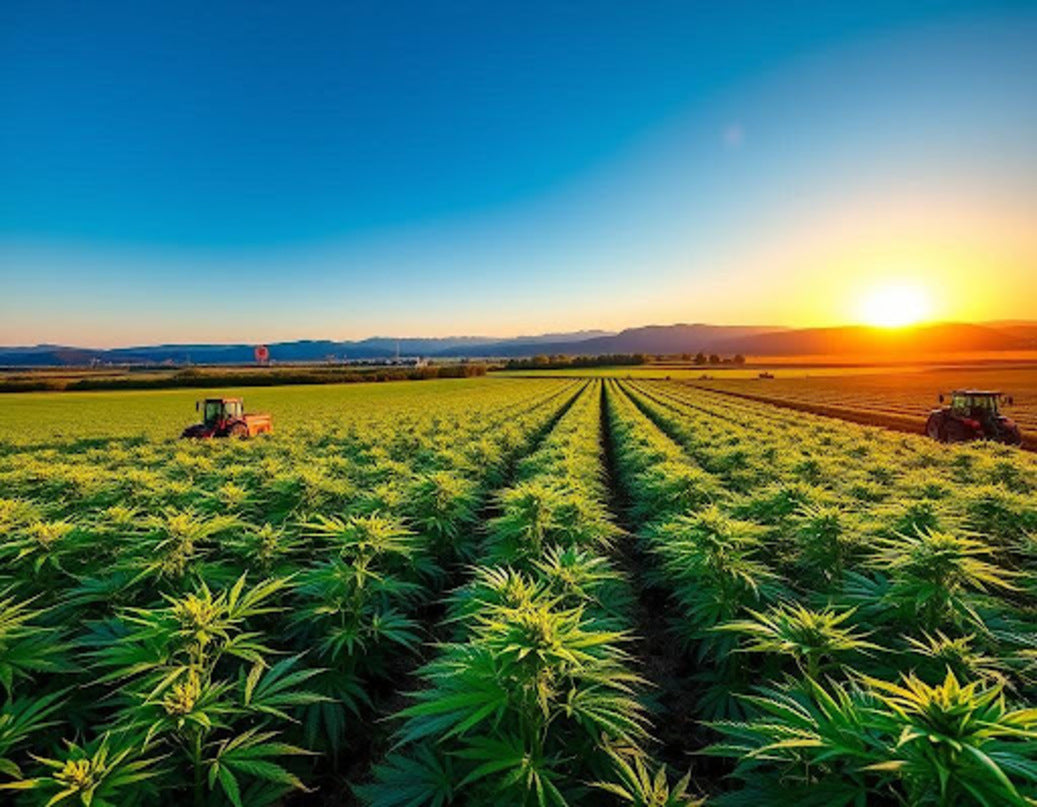
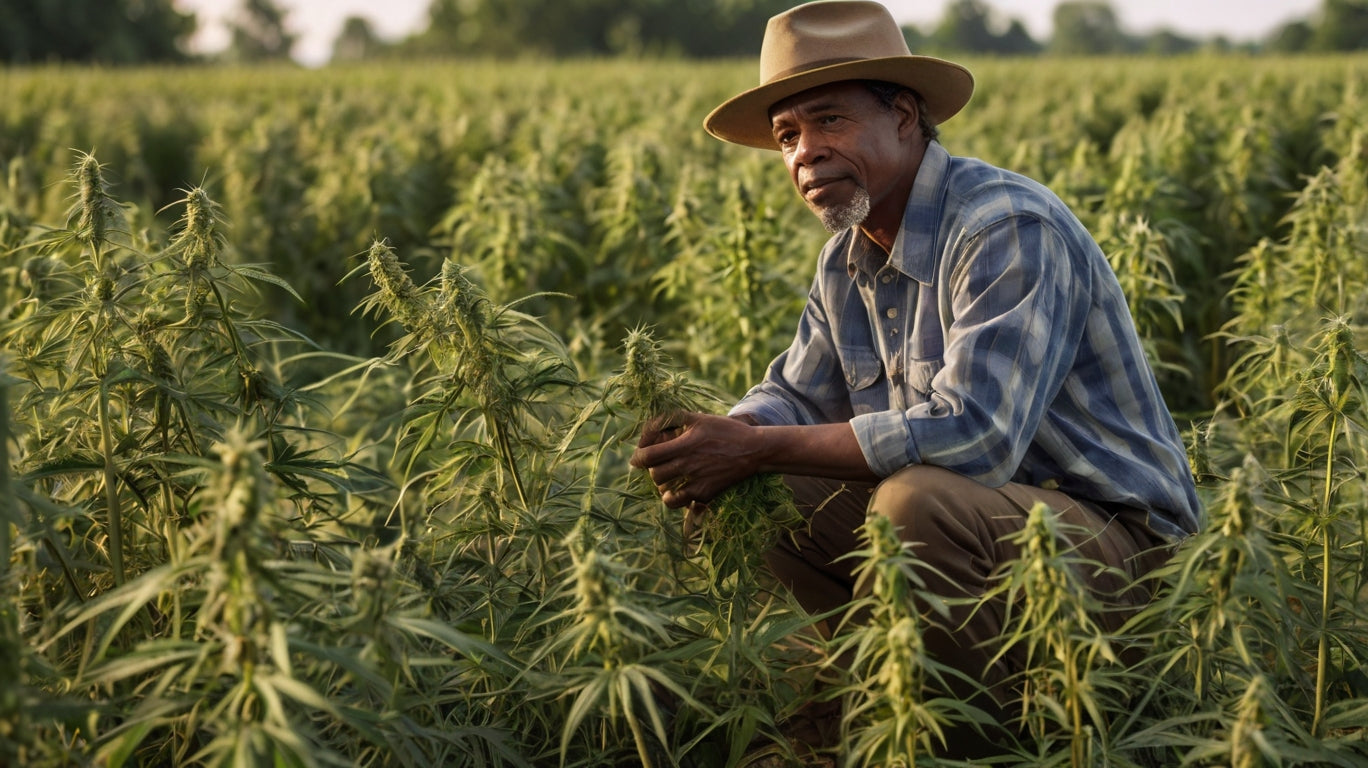
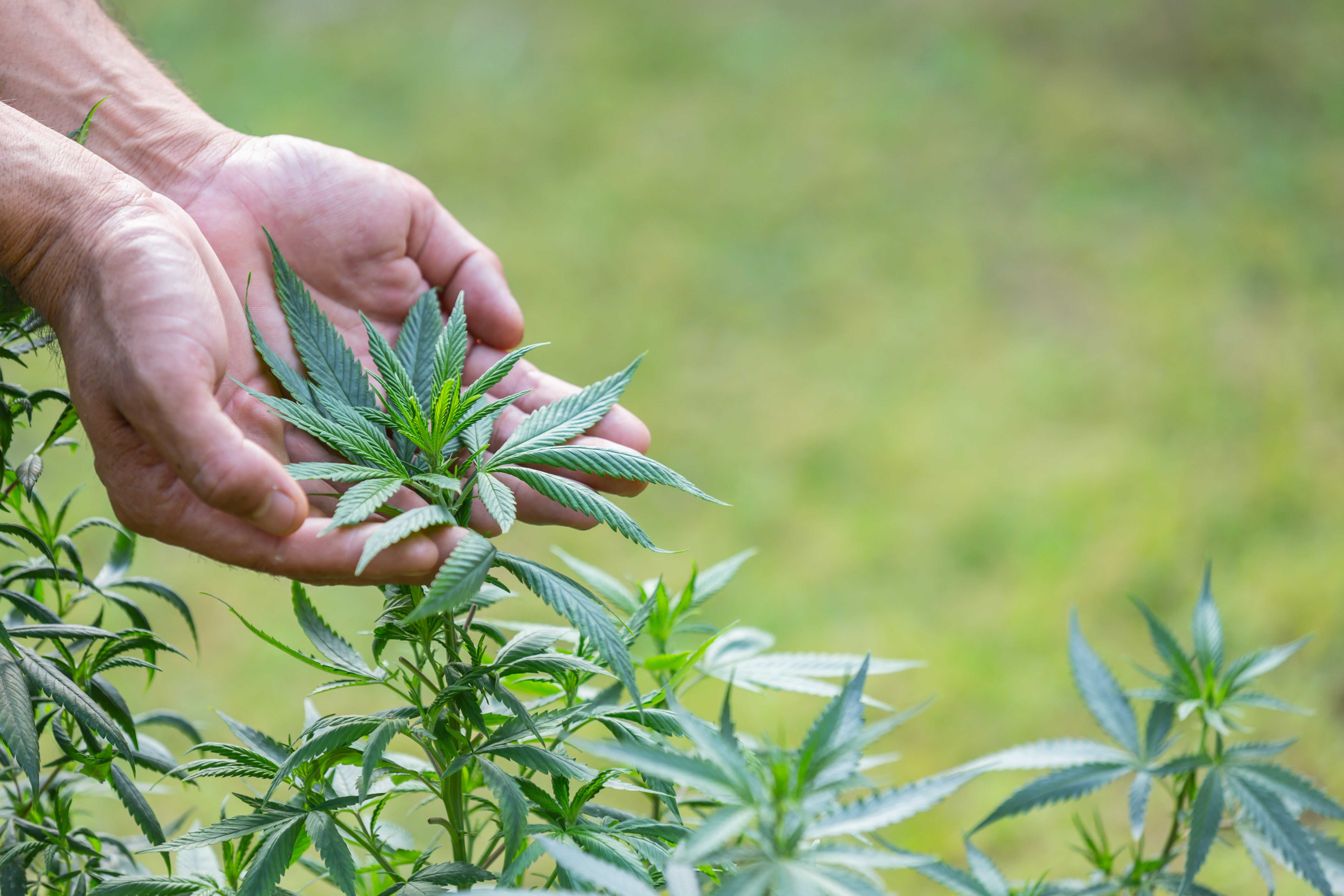
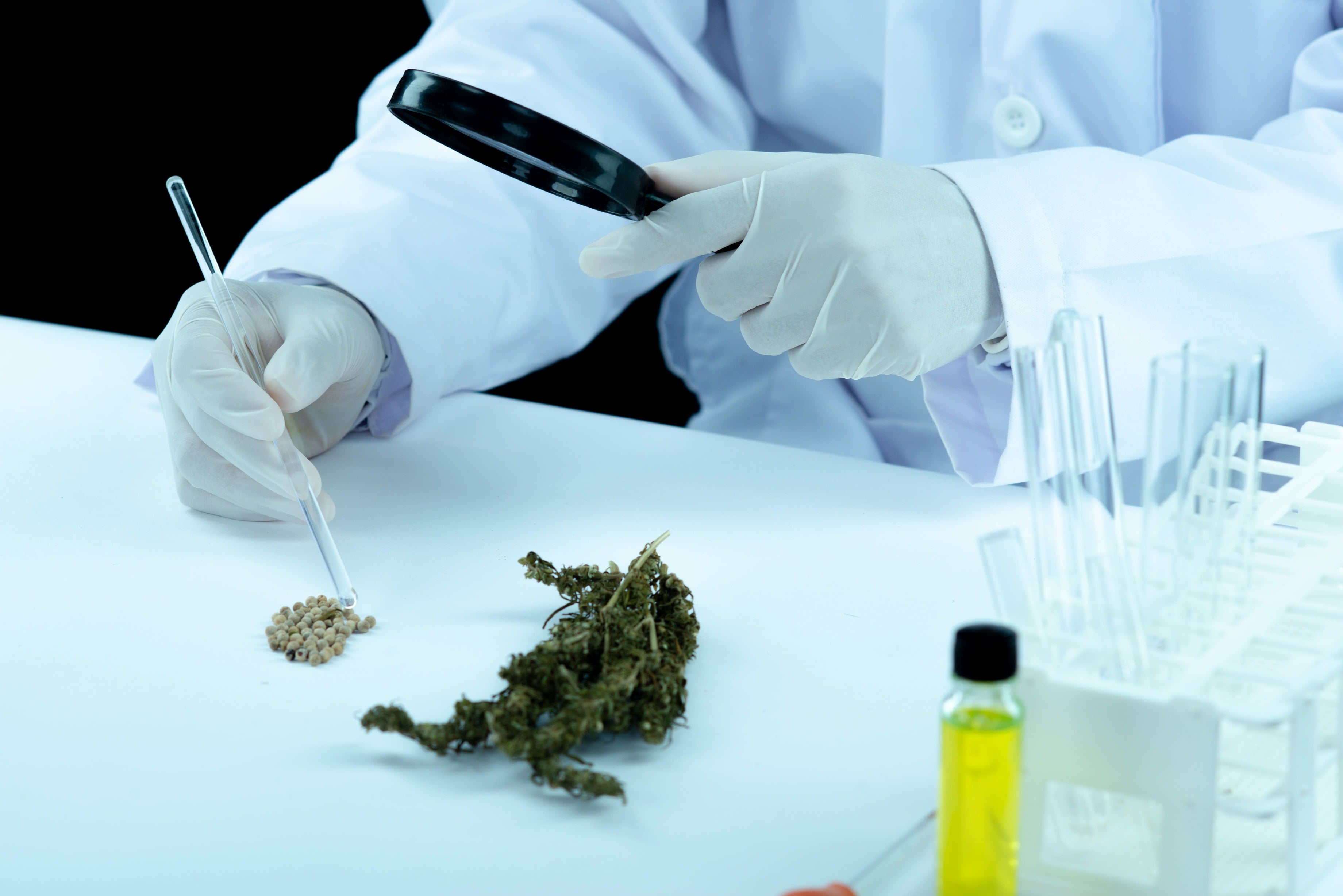
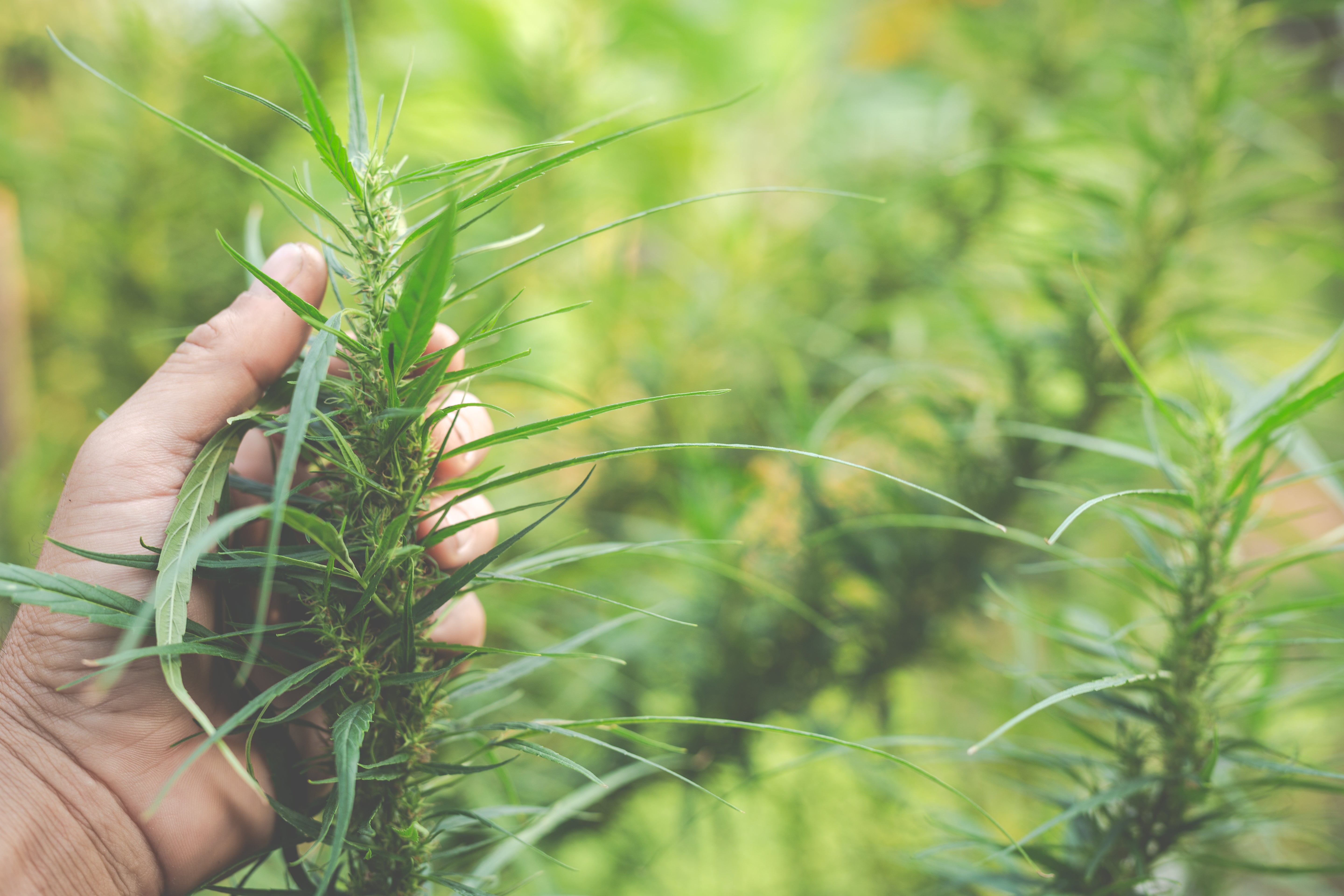

Share:
Q&A: Audience questions about hemp's early uses
The Green Gold: Understanding the Economic Importance of Hemp in Colonial America